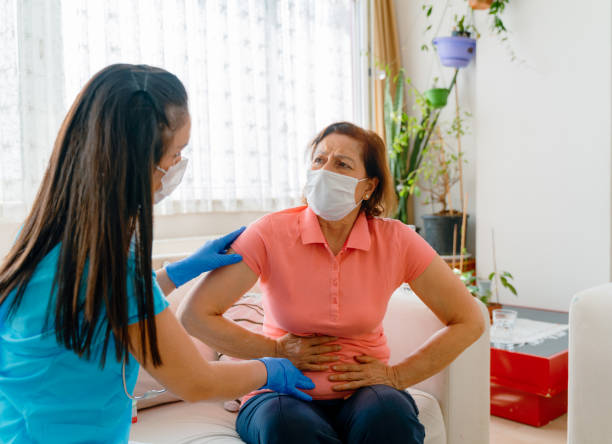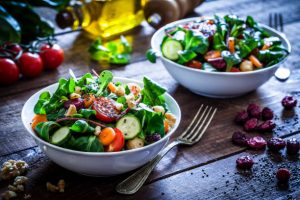Stomach ulcer refers to the open and painful sores that develop on the stomach lining. It is a type of peptic ulcer. Peptic ulcer affects both the stomach and the small intestine. Stomach ulcer can easily be cured but may become severe if not properly treated.
Stomach ulcer occurs when the layer that is protecting the stomach lining from the acid present in the stomach breaks down and thus, allows the stomach lining to become damaged.
This usually occurs because of
CAUSES OF STOMACH ULCER
It is commonly thought that stomach ulcer is caused by certain lifestyle factors, such as spicy foods, stress and alcohol. These factors may make the symptoms of ulcer worse but are not the cause the ulcers. It is also commonly thought that smoking increases the risk of developing stomach ulcers and may make treatment less effective.
SYMPTOMS OF STOMACH ULCER
6. Vomiting
7. Pain that increases after eating
DIAGNOSIS OF STOMACH ULCER
Stomach ulcer is usually diagnosed by the doctor after a test called Gastroscopy.
TREATMENT OF STOMACH ULCER
The treatment of stomach ulcer depends on the cause of the ulcer. Most ulcers are treated with a prescription from the doctor but in some cases, surgery is required. It is necessary to treat an ulcer early. With treatment, most ulcers heal in a month or two.
COMPLICATIONS OF STOMACH ULCER
Smokers have been found to have more complications from ulcers.
Complications include:
DIET FOR PEOPLE WITH STOMACH ULCERS
3. Eat food rich in glutamine such as chicken, eggs, fish, spinach and cabbage.

Aanuoluwapo is a nursing student of Bowen university. She desires to be a caregiver for people and helps to manage physical needs, prevent illness, and treat health conditions.










